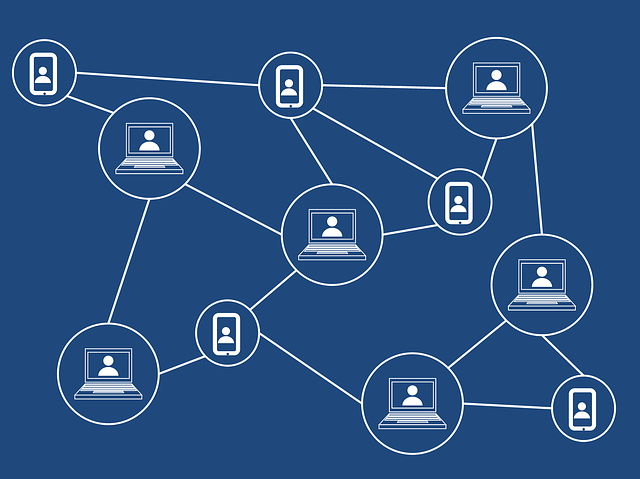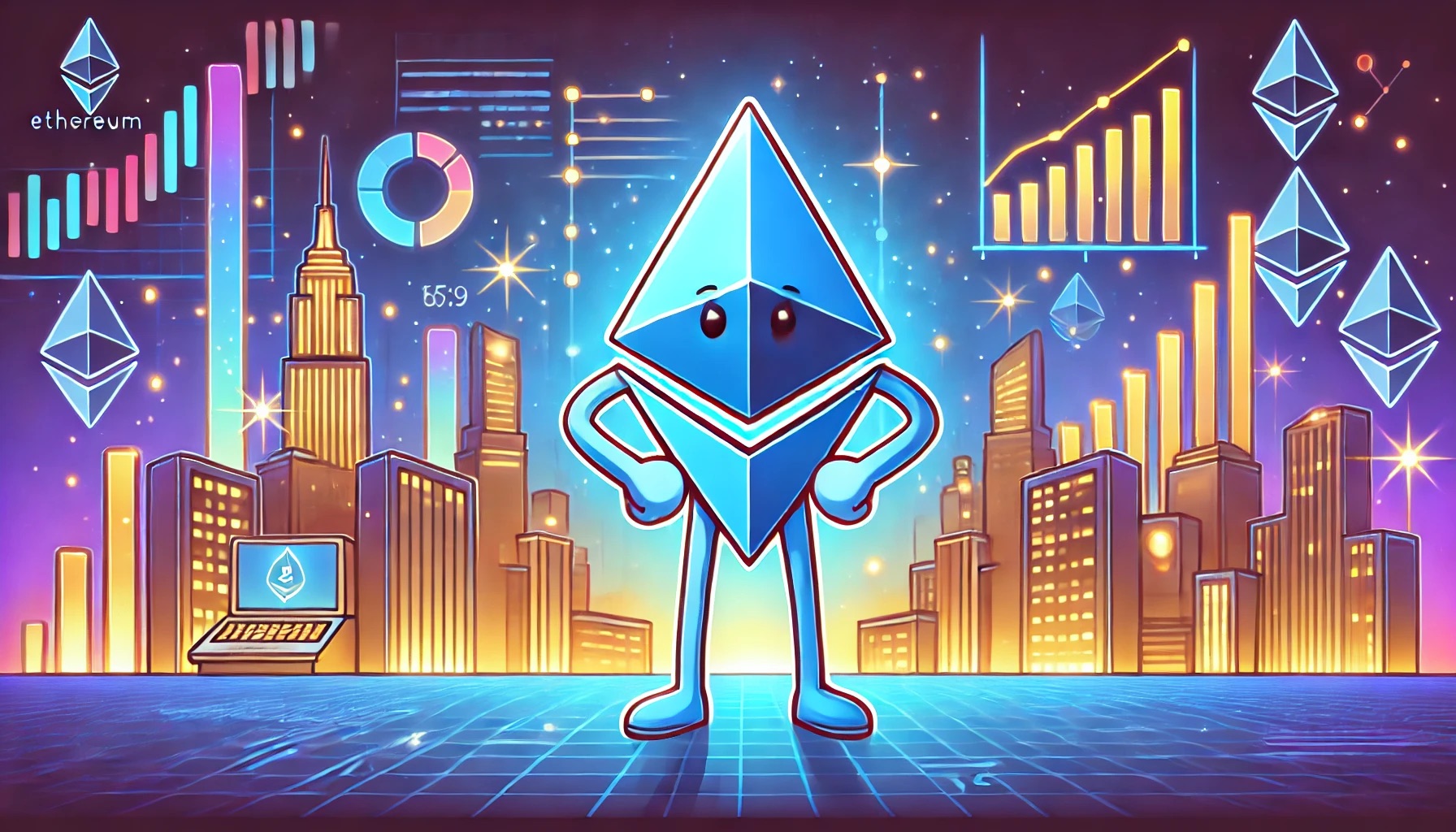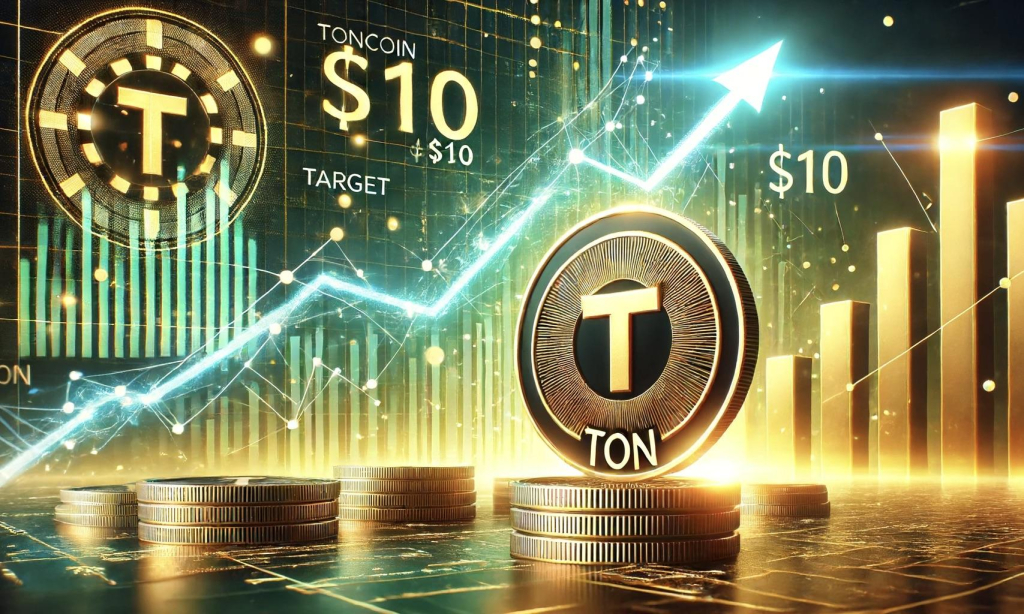For most people, blockchain is known as the technology behind cryptocurrencies such as Bitcoin (BTC) and Ether (ETH). But they may be unaware that the technology has the potential to impact multiple industries as well.
Supply Chain Management
One of these industries that blockchain could have a major impact is in logistics and supply management. “Blockchain and the supply chain go together like peanut butter and chocolate and not just because they rhyme,” Chris Grundemann of Myriad360 said at the Forbes Technology Council. “Blockchain provides accurate, authenticated, and transparent transactions with predictable, pre-approved fees and full auditability. Removing intermediaries lowers costs. Distributing the ledger increases reliability. And because transactions are immutable and irrevocable, fraud is reduced.”
In fact, blockchain is now being tested out in the U.S. Air Force’s procurement system. USAF recently awarded a $1.5 million contract to blockchain firm SIMBA Chain so it can integrate blockchain technology into its supply chain logistics.
User Authentication
As most services go online, distributed ledger technology, with its tamper-proof records, is now being harnessed in user authentication processes. “Using blockchain, or a distributed ledger, for user authentication in digital channels will be a game-changer for businesses,” OneSpan’s Will LaSala said. “The combination of a trusted, tamper-proof distributed ledger along with verified credentials will enable people to have trusted, portable digital identities that they can use on any website, from their bank to their healthcare provider.”
Human Resources
Even with the internet, companies are still having a tough time looking for talents to match their job postings. A study published by the American Council on Education noted that there seems to be some form of “mismatch between educational outputs and labor market demand.”
The study proposed a system where the credentials of a job applicant or employee are placed on a blockchain platform that is accessible to both the job applicant and the hiring personnel. Workers can update their records with their latest trainings so it will be easier for hiring managers to scout for potential candidates with the specific skill set they are looking for.
“Businesses find it difficult to find and retain talent, even with the internet,” Arlyn Scales’ Arnie Gordon is looking forward to such a system. “They also need to manually verify candidates’ credentials and references. Blockchain removes inefficiencies associated with hiring and paying employees. Candidates can securely update information as HR verifies credentials. It thus benefits both parties. Employees can receive paychecks faster and in a safer manner.”

























Comment 2